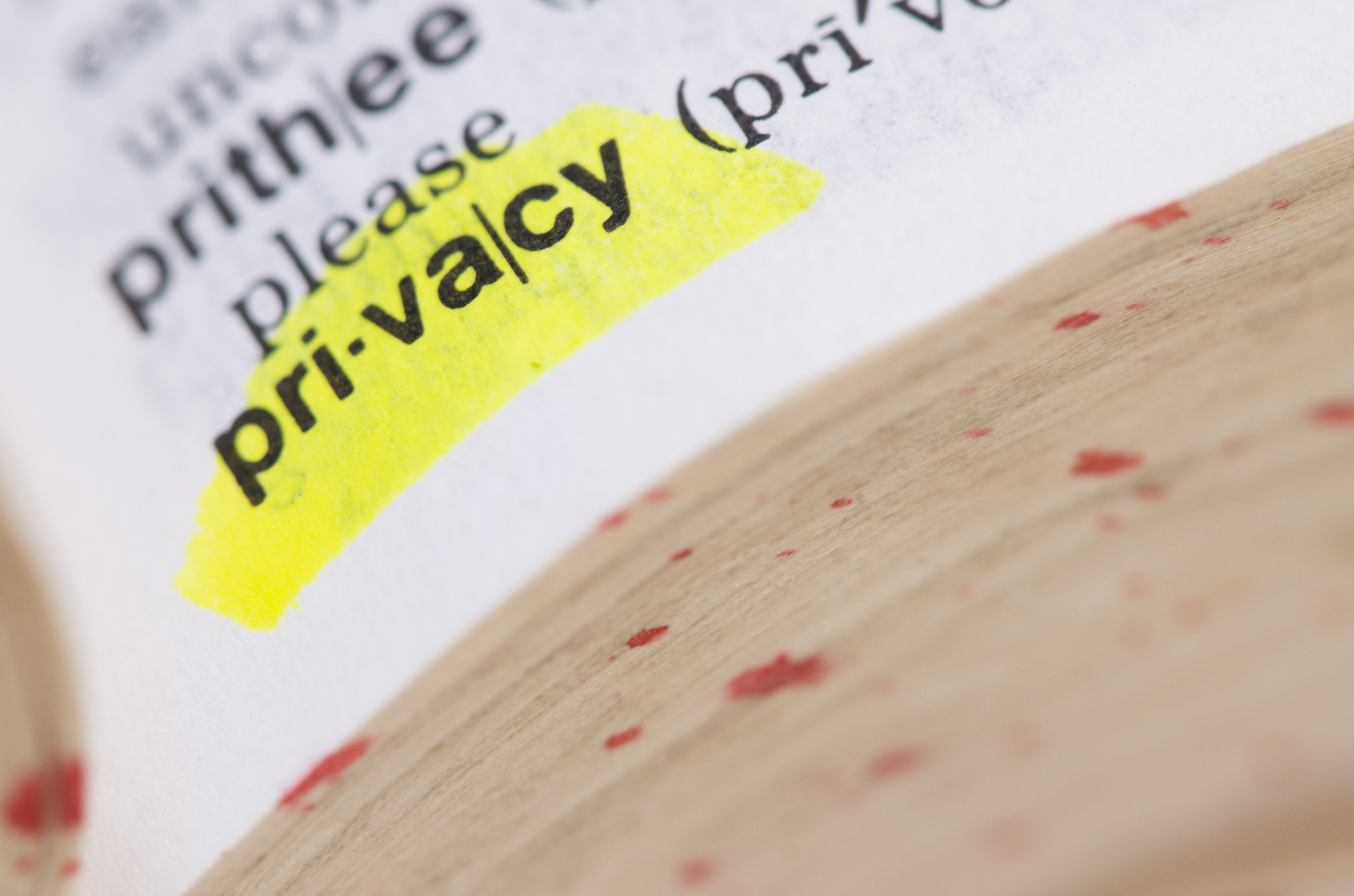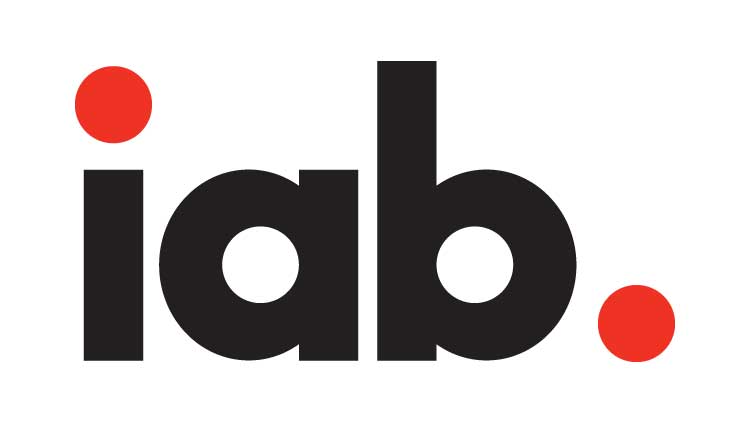IAB Offers Privacy Framework First Principles

The smarter way to stay on top of broadcasting and cable industry. Sign up below
You are now subscribed
Your newsletter sign-up was successful

The Interactive Advertising Bureau will offer up a four-point plan in two days of testimony before Congress this week on protecting privacy in the digital, internet of everything, age.
That is according to prepared testimony by IAB CEO Randall Rothenberg.
Congress is trying to come up with comprehensive, bipartisan, privacy legislation, a tall order but something both sides appear to agree is needed.
Rothenberg, who is testifying at a Senate Commerce Committee hearing Wednesday (Feb. 27), will tell the legislators that IAB is ready to roll up its sleeves and help, particularly if the result will preempt "well-meaning" but reactive and risky state efforts to regulate privacy.
He pointed to the government-industry partnership created the auto safety regime in the 1960's.
To create a similar "new paradigm" of digital superhighway safety, Rothenberg said it should follow four basic principles.
The smarter way to stay on top of broadcasting and cable industry. Sign up below
The first is to impose clear prohibitions on "a range of harmful and unreasonable data collection and use practices" spelled out in any law. The second is to draw a distinction between data practices that "pose a threat" to consumers and ones that don't. Third is to incentivize compliance programs by creating a safe harbor from regulations for good actors. Fourth is to preempt state efforts.
If Democrats are to sign on to that last one, the national privacy regime will have to be a strong one because they don't want to preempt stronger protections with a weaker national regime.
Testifying at a separate House privacy hearing Tuesday (Feb. 26), IAB EVP Dave Grimaldi will say that new legislation should not "bombard consumers with notices and choices, but instead come up with standards that make, as Rothenberg says make privacy protections "reflexive, if not automatic."
Contributing editor John Eggerton has been an editor and/or writer on media regulation, legislation and policy for over four decades, including covering the FCC, FTC, Congress, the major media trade associations, and the federal courts. In addition to Multichannel News and Broadcasting + Cable, his work has appeared in Radio World, TV Technology, TV Fax, This Week in Consumer Electronics, Variety and the Encyclopedia Britannica.

